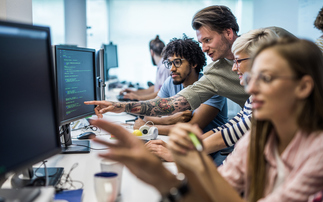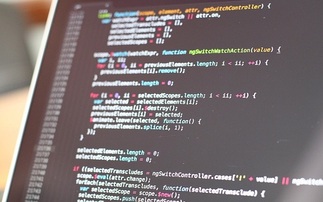The patentability of software-related inventions in the UK is left as unclear as ever by the latest test case
The confusion surrounding the UK's position on software patents looks set to continue after a ruling in the House of Lords yesterday. The Law Lords refused Australian businessman Neal Macrossan lea...
To continue reading this article...
Join Computing
- Unlimited access to real-time news, analysis and opinion from the technology industry
- Receive important and breaking news in our daily newsletter
- Be the first to hear about our events and awards programmes
- Join live member only interviews with IT leaders at the ‘IT Lounge’; your chance to ask your burning tech questions and have them answered
- Access to the Computing Delta hub providing market intelligence and research
- Receive our members-only newsletter with exclusive opinion pieces from senior IT Leaders


















